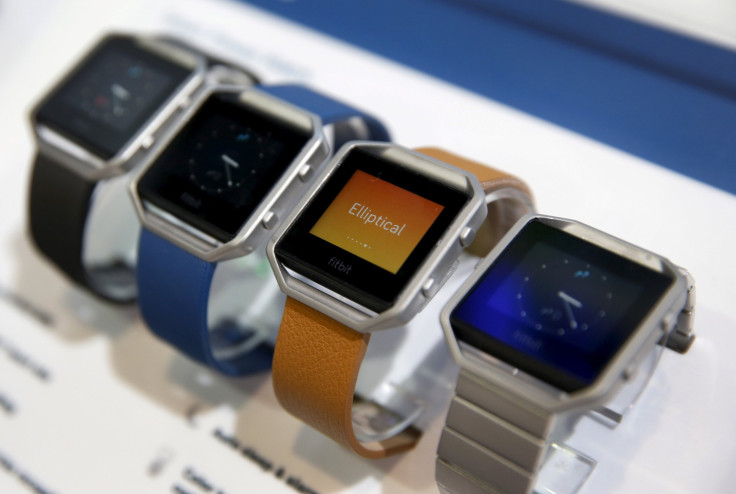Government Giving Fitbit Charge 2, Alta To 10,000 People For Health Study

The United States government is about to give away 10,000 Fitbit devices as part of a health study. The 'All of Us study', part of the Precision Medicine Initiative announced by former President Barack Obama in 2015, will gather health and lifestyle data from these devices.
According to TechCrunch, the National Institutes of Health (NIH), a government body that works on health research, has purchased 10,000 Fitbit devices for participants. Participants in the study can choose from two popular models of Fitbit health bands — the Fitbit Alta or the Fitbit Charge 2.
Anyone over the age of 18 can participate in the study once it is launched nationally in Spring 2018.
“Far too many diseases do not have a proven means of prevention or effective treatment. We must gain better insights into the biological, environmental, and behavioral influences on these diseases to make a difference for the millions of people who suffer from them. Precision medicine is a revolutionary approach to disease prevention and treatment that takes into account individual differences in lifestyle, environment, and biology,” NIH explained the initiative on its website.
The initiative will map different metrics such as:
- Risk of diseases due to environmental and genetic factors
- Effects of different drugs on the body
- Targeted therapies and their effects on diseases
Fitbit is the wearable company to be chosen for participation in such an initiative. The company’s wearables have been chosen because they are compatible with both Android and iOS devices and can track both lifestyle habits and sleep. The devices can also survive on a single charge for days at the end.
Adam Pellegrini, health solutions general manager, Fitbit, shed more light on how the devices will be useful in generating data for the study.
“Lifestyle information is critical to this — sleep, heart rate information, physical activity, those are all essential elements,” Fitbit Health Solutions General Manager Adam Pellegrini told TechCrunch ahead of the announcement. “We will be able to give a real sample of energy levels, how people are sleeping, their walking — those type of things. We’re getting that information as people live their normal lives,” he told TechCrunch on Tuesday.
The devices are expected to provide health administrators a unique perspective on participants’ lifestyle habits and different metrics such as daily activity levels, heart rate, sleep habits and more. Basically, the researchers will be able to track a user’s whole day — something that cannot be done in a clinical setting. They will also provide researchers an insight into users’ habits which can influence their health. The data can be further refined to determine the influence of stimuli such as biological makeup or environment.
The initiative could help the National Institutes of Health map large data sets while protecting participants’ privacy. The Beta testing for the study has begun. NIH has completed preliminary pilot studies and focus group study too. Once the Beta testing is completed, the participation in the study will be opened up to the general public — the national launch of the study is expected to be held in early 2018.
Currently, only patients at the participating health care providers can be a part of the study.
© Copyright IBTimes 2024. All rights reserved.




















